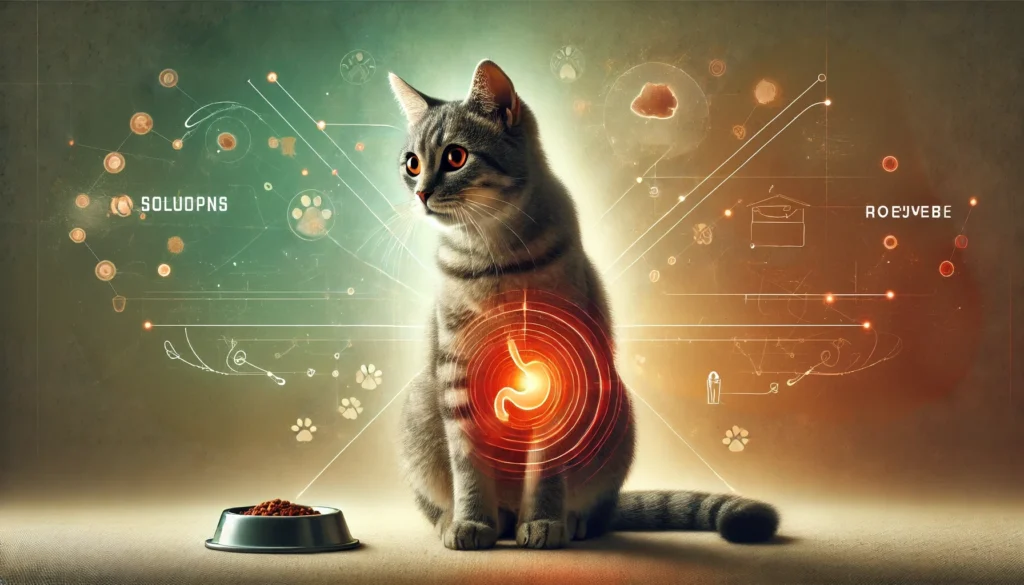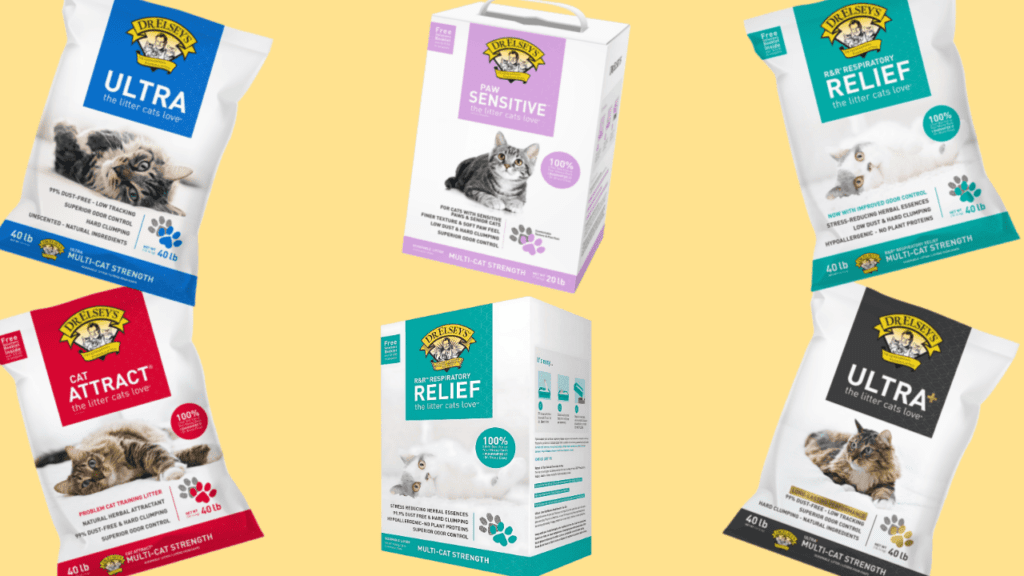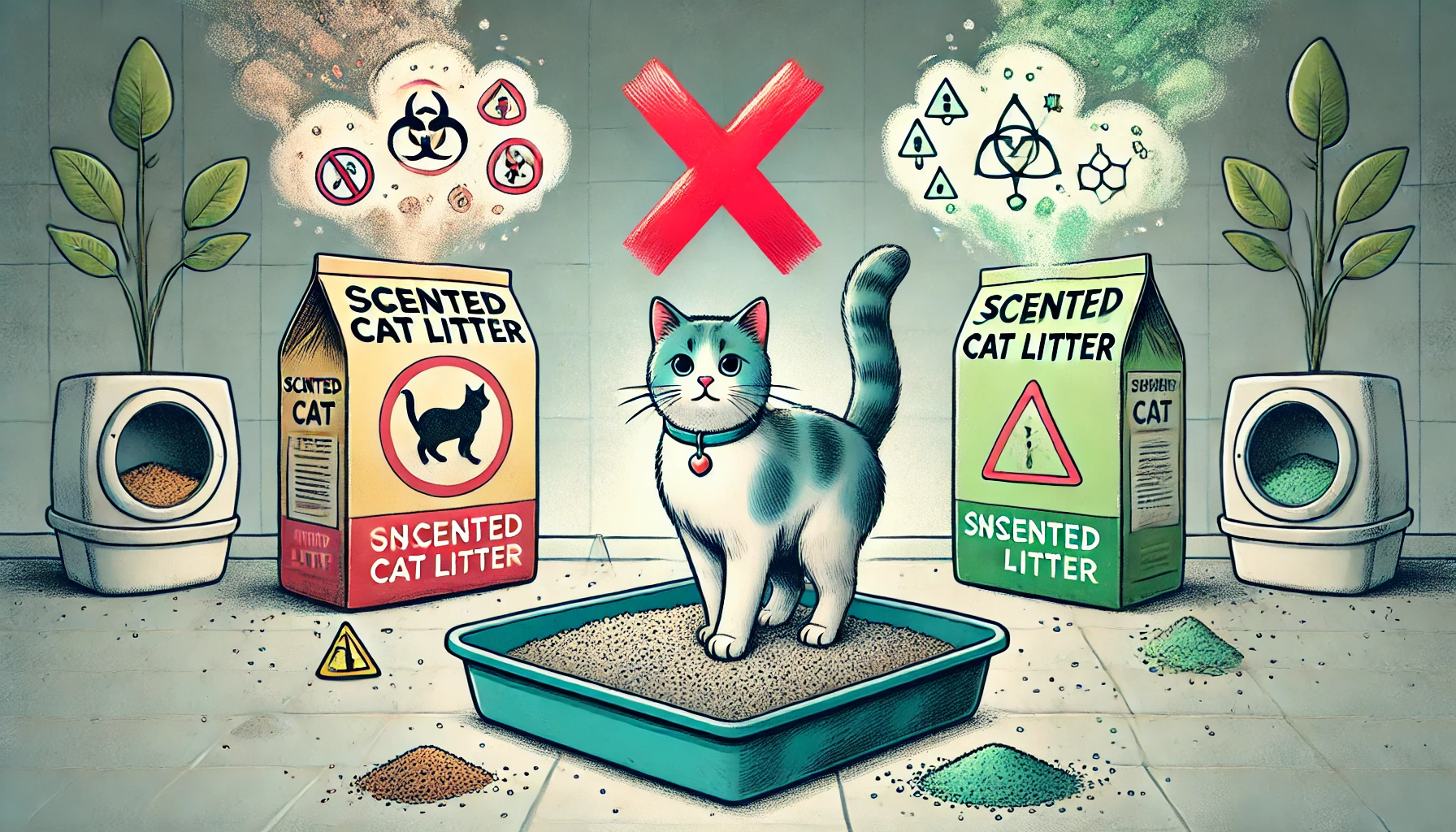MedNewsPedia is alerting cat owners to the potential risks and dangers of scented cat litter. These concerns are based on findings that chemically scented fragrances may threaten felines and their owners who come in contact with the litter. The risks include respiratory problems, allergic and digestive reactions, and feline behavioral issues.
The Journal of the American Veterinary Medical Association reports that artificial fragrances and chemicals in cat litter can cause respiratory irritation and exacerbate conditions like asthma, both in cats and their owners. This is especially concerning for those living in small, enclosed spaces with limited ventilation.
Scented litter frequently contains chemicals that may be toxic to cats when ingested or inhaled. “These fragrances can release volatile organic compounds (VOCs) into the air, which can irritate the respiratory system and trigger allergic reactions in sensitive individuals,” reports PetShun.
Veterinarians and companies like Dr. Elsey’s are now advocating for unscented, low-dust, and natural cat litter to ensure the well-being of our feline friends. Dr. Elsey’s, a leading supplier of cat products, is dedicated to raising awareness among its customers about the health issues associated with litter choices.
Global cat litter markets
The global cat litter products market was estimated at US$ 15.7 billion in 2023 and is expected to grow at a CAGR of 5.2% from 2024 to 2030. Increasing spending on pet care and rising cat ownership are likely to drive market growth.
The global unscented cat litter market was valued at US$ 2.3 billion in 2022, and is projected to grow at a CAGR of 6.5% from 2023 to 2030. This growth is driven by a trend towards natural products.
A cause of cat allergies, digestive issues, and irritation
Scented litter can cause health issues for cats that are allergic to fragrances and chemicals. Common symptoms include sneezing, coughing, itching, and skin rashes.
The artificial fragrances in scented litter leave a residue on the cat’s fur and paws. These potentially harmful chemicals can be ingested during grooming, leading to digestive issues and other health problems. Scented litter can also irritate the eyes and respiratory systems of both cats and the caregivers who handle the pellets.

Disrupting natural instinctive behavior
Cats are highly territorial animals that rely on their sense of smell to navigate their environment and communicate with other felines. Scented litter can mask these cat scent markings, leading to confusion and stress. According to Vet Explains Pets, feline stress can exacerbate issues such as spraying, aggression, and anxiety.
Beyond health risks, scented litter may influence a cat’s litter box habits, contributing to behavioral issues that affect both the cat and the household environment. Using litter that contains fragrances, deodorants, or disinfectants with strong smells may deter the cat from using the litter box, leading to house soiling behaviors.
Unscented litter: the healthy alternative
Floppy Cats remarks that scented litter can be very toxic to kittens, so the safe choice is always unscented litter. Most common litter choices may be dangerous not only for cats, but also for their caregivers.
“Unscented litters are a great choice for cats with allergies or sensitivities,” according to a certified feline behavior consultant. “These litters provide a clean and odor-free litter box environment without the risk of triggering allergic reactions or respiratory issues” (Vet Explains Pets).
Conclusion: the risks of scented cat litter
The collective evidence from authoritative sources strongly suggests that the additives and fragrances used in scented cat litter can pose significant health risks to cats and their owners, including respiratory problems, allergic reactions, digestion issues, and feline behavioral issues. Consequently, veterinarians and animal care experts widely recommend using unscented, low-dust, and natural cat litter to ensure the safety and well-being of both cats and humans.
MedNewsPedia is a digital publication serving an audience located primarily in the United States.



